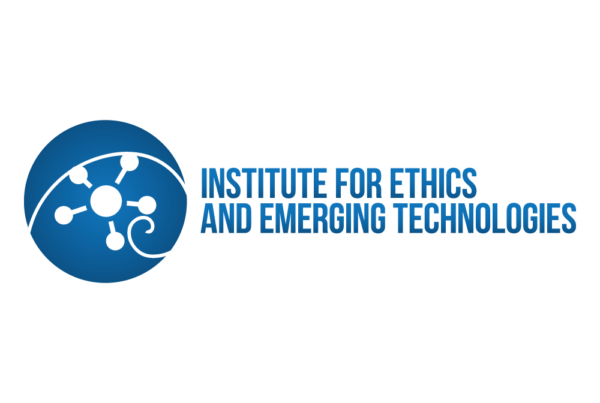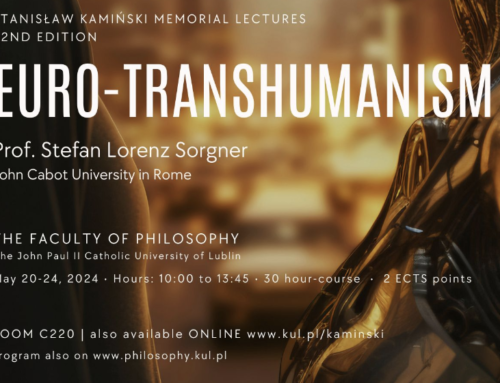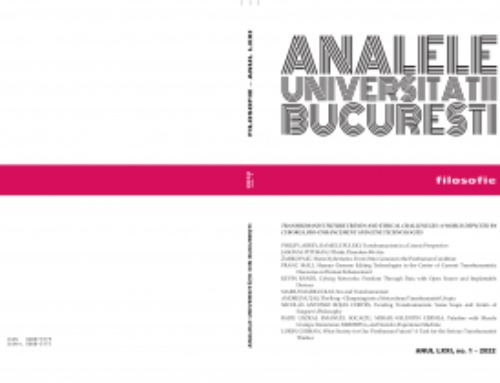THE DAY HAS COME!
Notes from the Future
Back in 2004, when we first started creating the Institute for Ethics and Emerging Technologies, we believed we were on the cusp of titanic struggles over the future of the human race. The human enhancement technologies that we were passionate about were being denounced from Washington DC by Leon Kass and Francis Fukuyama as the end of humanity. An unlikely coalition of groups from Left, Right, and Center were joining coalitions aimed at banning consensual use of gene therapies and cognitive enhancement drugs. We believed that struggles around these and other emerging technologies would increasingly dominate the policy landscape.
Seventeen years later few of us could have expected this world. The 2008 economic crisis, the continually growing gap between the rich and poor, Covid, and the looming climate crisis, have made it clear that the unsolved social and economic problems of the 20th century are deeply connected to solving the questions posed by the 21st century. Bioscience has been educating the world about ethics and policy questions, but not because we’re debating the genetic enhancement of kids. Rather we have been asked to consider how many seniors’ lives we should sacrifice to “the economy,” how many people should die in the global South to protect vaccine patent protections, and how to convince people vaccines aren’t changing their genes or “chipping” them. We are confronting the regulation of artificial intelligence, but not because of Terminators but rather to see if we could stop the weaponized spam undermining our democracy, and control surveillance capitalist exploitation of our data trails.
Yet, in fits and starts, all the “emerging technologies” we expected are indeed emerging. We have CRISPR gene therapy, wireless brain-computer implants, and rapidly improving machine learning. The public and policymakers still need a vigorous debate about our possible futures with emerging technologies, even if the focus is on social justice, jobs, and public health. The IEET fills a need for public intellectuals willing to think about technologies before they are widely available when most still think they are “science fiction,” setting aside the hype of the tech boosters and salesmen, as well as the apocalyptic anxieties and knee-jerk hostility of those who feel powerless in the face of the new.
We call our perspective “technoprogressive” because we believe the best possible futures require both technological and social progress. Neither whiz-bang feudalism nor primitive communism are as appealing as a future where everyone has equal access to and benefit from technologies that free us from toil, fix our planet, expand our individual freedom, extend our memories and senses, lengthen our lives, and stretch our civilization to the stars. Achieving that future requires not just technological innovation, but liberal societies with strong democratic governments that educate all their children, invest in basic science, regulate technological risks, and ensure everyone benefits from prosperity equally.
Our New Program of Work
For our first decade and a half, we have had a very small budget and flourished because of the community. We held more than a dozen conferences, published thousands of essays and the Journal of Evolution and Technology, and promoted the work of hundreds of scholars and writers. That work attracted the attention of Mr. Klaus Otten, a benefactor who left us a very substantial gift in 2017. His gift is directed towards “The study, analysis and management of human enhancement, genetic, mechanical and organic, and/or The study, analysis and management of artificial intelligence, and/or The study, analysis and/or management of the interaction between human enhancement and artificial intelligence.” Needless to say, that work is central to our mission.
In 2021 we are launching three programs to be based and managed from the University of Massachusetts Boston in alliance with its Applied Ethics Center where I am a fellow. The programs will address artificial intelligence and the future of work (2022-24), human enhancement (2023-25), and artificial intelligence’s impacts on democracy and conflict. Each program will be anchored by a post-doctoral fellow, and have established an award to support dissertations. We will be producing publications, videos, and conferences, and are experimenting with the use of the Medium platform to get our thinkers’ ideas more widely read. The text of articles previously published on our site are now in a searchable archive which we will straighten up, and selectively re-publish from in Medium. We are re-launching our journal as the Journal of Ethics and Emerging Technologies, and plan to publish two issues in the Fall.
There are many ways to stay in touch with us and participate in our community including this newsletter, Twitter (@IEET), and Facebook. We will be posting videos of our events on our YouTube channel.
Allow me to thank all the generous donors, especially Mr. Otten, and all the writers and friends who have contributed to the IEET over the last decade and half. While our issues and concerns may not rise as quickly to global attention as we would have expected, or in the ways we anticipated, it is certain that our work together will continue to be vitally important.





